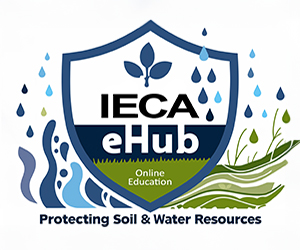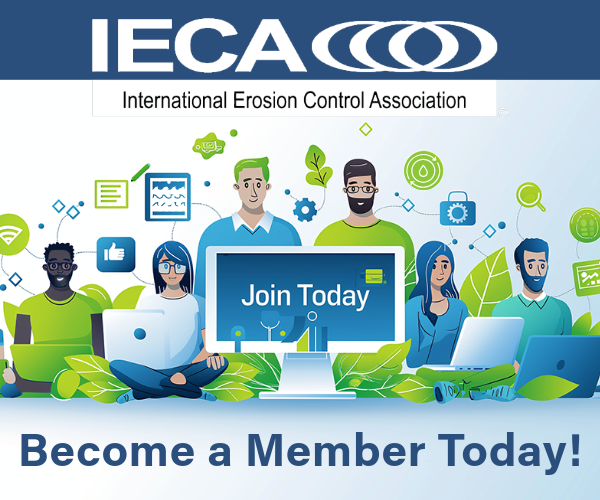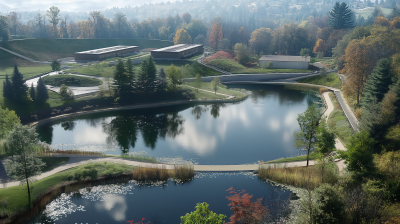
Post-wildfire Hazards and Mitigation Measures
Recorded On: 2025/03/05
-
Register
- Non member - Free!
- Professional member - Free!
- Professional Plus member - Free!
- Professional Plus Org member - Free!
- Student member - Free!
- Young Professional member - Free!
- Emeritus member - Free!
- Discounted Professional member - Free!
- Australia Member - Free!
- Australia Non-Member - Free!
- Australasia Professional Plus - Free!
- Australasia Professional Plus Org - Free!
- Australian Student - Free!
- New Zealand Member - $15
- New Zealand Professional Plus Org - Free!
- New Zealand Professional Plus - Free!
- New Zealand Student - $15
Post-wildfire Hazards and Mitigation Measures

On-Demand
Presented by: Dr. T. Andrew Earles, PhD, PE, PH, D.WRE; Marta Alvarez, PE, RCE & PLS; Blanca Hoffmeier
Level: Intermediate
Duration: 1 hour
Type of Course: On-Demand
Wildfires in Southern California at the end of 2024, shortly before the onset of the rainy season set the stage for significant runoff and erosion as atmospheric rivers track across the region over the remainder of the rainy season. In mid-February, a storm with rainfall intensities on the order of an inch per hour triggered debris flows in recently burned areas that affected downstream urban areas. This webinar will discuss post-fire hydrologic hazards including debris flow, flooding, erosion, and water quality. The presenters will also discuss mitigation measures that can be implemented to reduce risk and the importance of warnings and evacuation orders.
View the Full Watershed Emergency Response Team (WERT) 2025 Palisades Fire Report.
Learning Objective:
1️⃣ Understand hydrologic effects of wildfires due to changes in vegetation and soils.
2️⃣ Learn about resources to identify post-fire hazards and values at risk.
3️⃣ Gain knowledge of a variety of post-fire mitigation measures that can be implemented to reduce risk following a fire.
Free to Attend
Dr. T. Andrew Earles, PhD, PE, PH, D.WRE
Vice President
Wright Water Engineers, Inc.
Dr. Andrew Earles is the Vice President of Water Resources with Wright Water Engineers, Inc. (WWE) in Denver, Colorado. Andrew has worked for WWE for 22 years since receiving his doctorate on projects related to stormwater management, hydrology, hydraulics, water quality, flooding, and related topics. While most of Andrew’s projects are in the western U.S., he has performed work around the work related to stormwater management and flooding at World Heritage Sites in Peru, Cambodia, Thailand, China, and Iraq. Andrew has conducted risk assessments of post-fire hydrologic hazards across the western U.S. including the Cerro Grande fire that threatened facilities at Los Alamos National Laboratory, the Fourmile Canyon fire in Boulder, and more than a half-dozen major fires in California. Andrew is a Professional Hydrologist and a Certified Professional in Erosion and Sediment Control. Andrew earned his bachelor’s degree in Civil Engineering from Stanford University and hold master’s and doctoral degrees in Civil and Environmental Engineering from the University of Virginia.
Marta Alvarez, PE, RCE & PLS
President
YCE Incorporated
Marta Alvarez is the CEO and founder of YCE, Inc., a consulting firm that has been located in Ventura since 1986. She is a dual licensed civil engineer and land surveyor in the state of California. She has expertise in storm drain systems, hydrology & hydraulics, erosion prevention, stormwater quality controls, and grading designs. Marta gives back to her profession by being a Subject Matter Expert for the development of the licensing exams. She also encourages and mentors young people in the careers of engineering and land surveying. Marta has a Bachelor of Science and a Masters in Business Administration degrees from California State University, Northridge. Among her many accomplishments, Marta has won numerous awards including Engineer of the Year, Project of the Year, and Innovator of the Year. Being a victim of the Thomas Fire of 2017 she has first hand knowledge of these types of events.
This event is worth one (1) Professional Development Hours.
IECA is committed to fostering an environment of continuous learning and professional growth. Through a process of peer review and content selection standards, we ensure that our content is robust, relevant, and aligned with industry standards. We respect the authority of certification organizations to evaluate and accept professional development activities according to their criteria, acceptance of professional development credits is at the discretion of your certifying organization.



